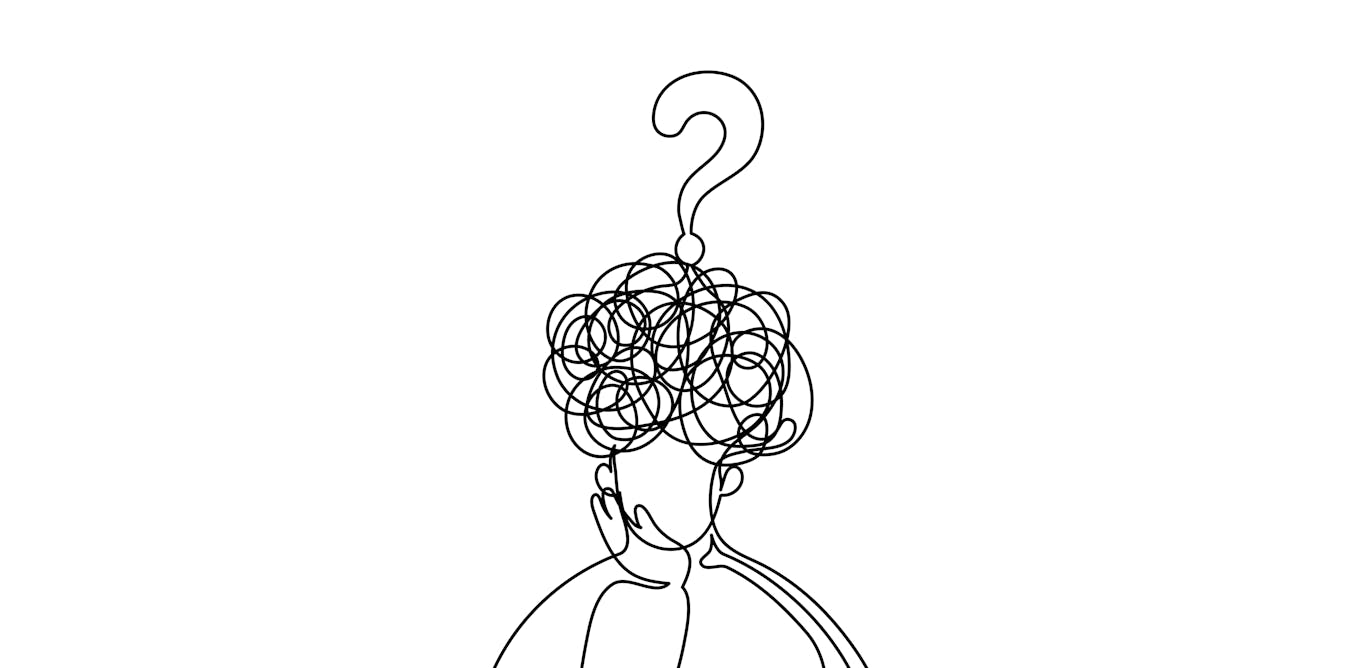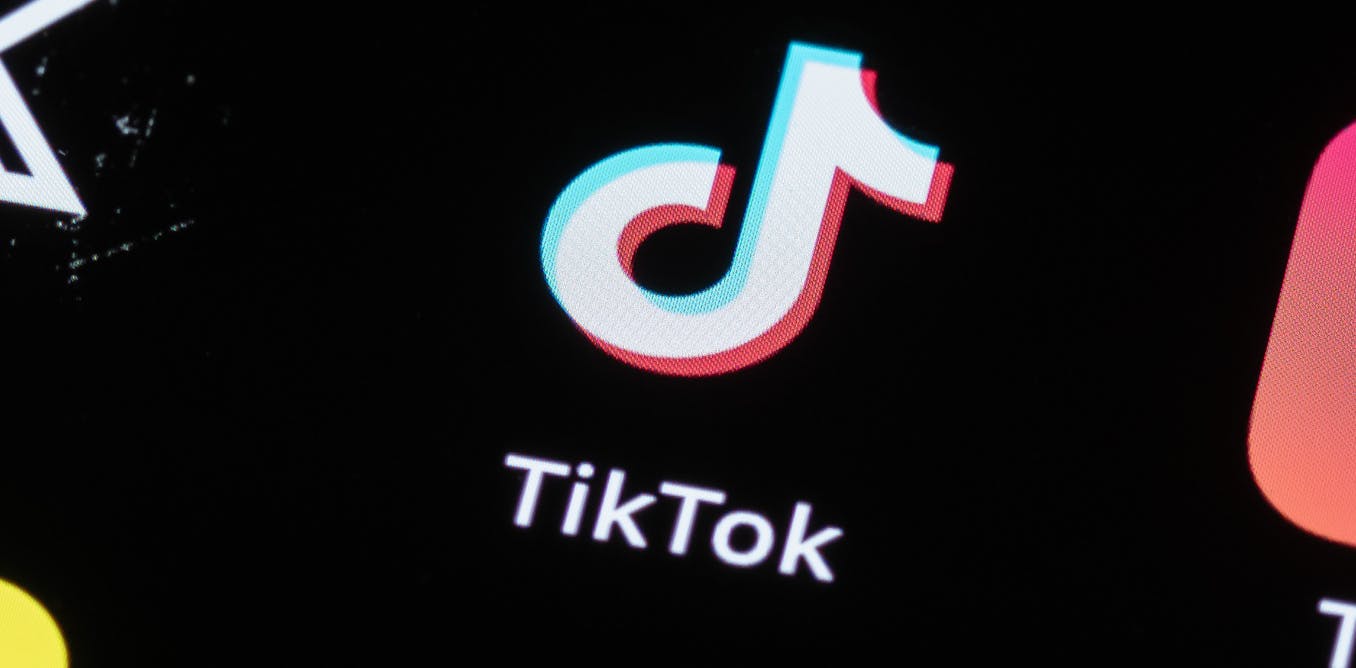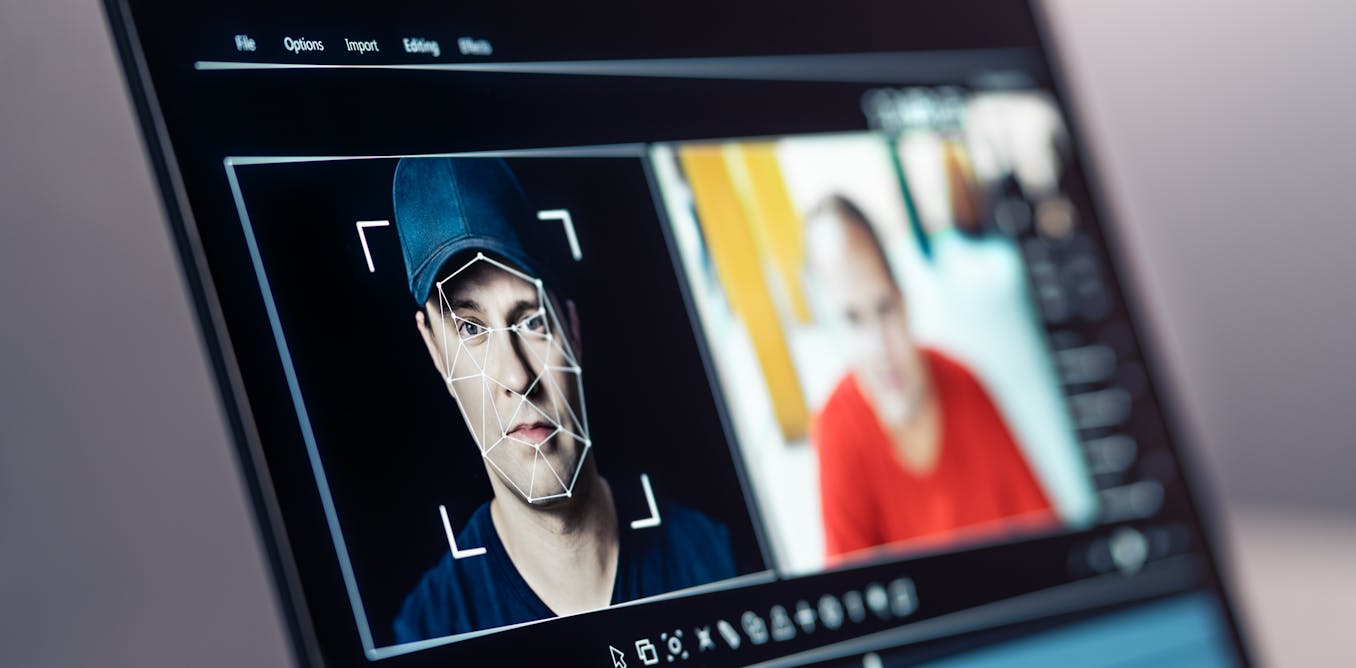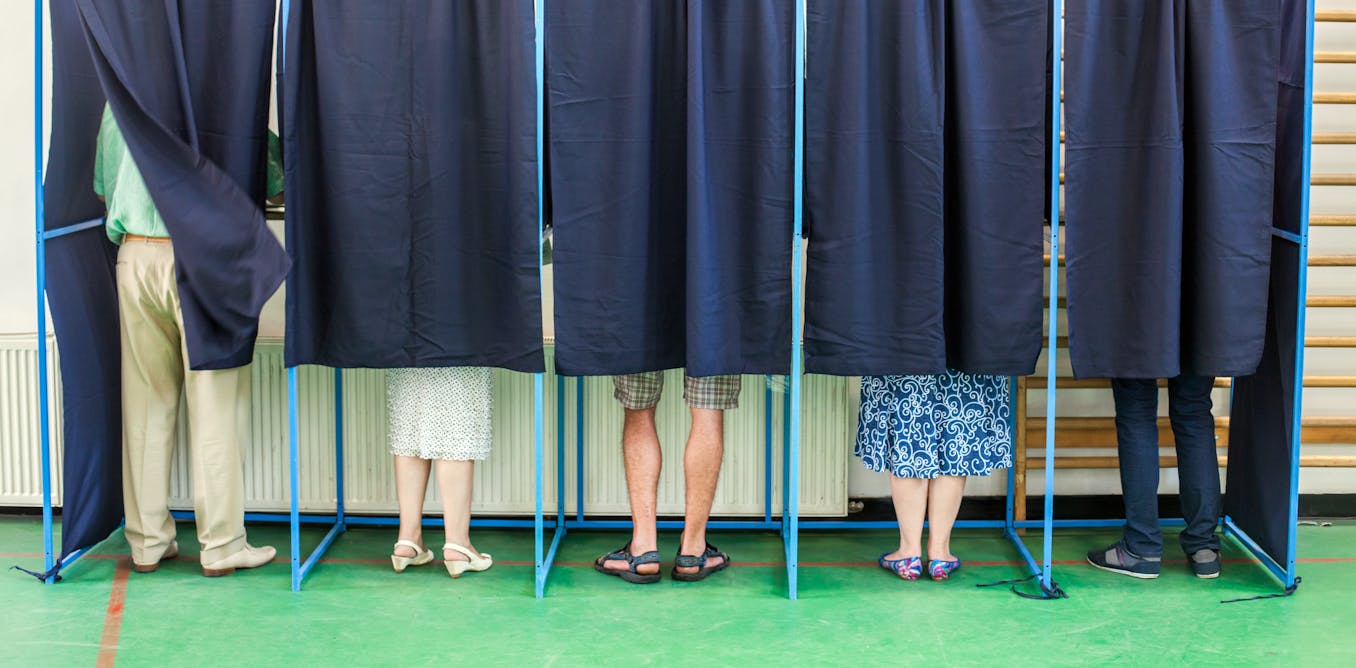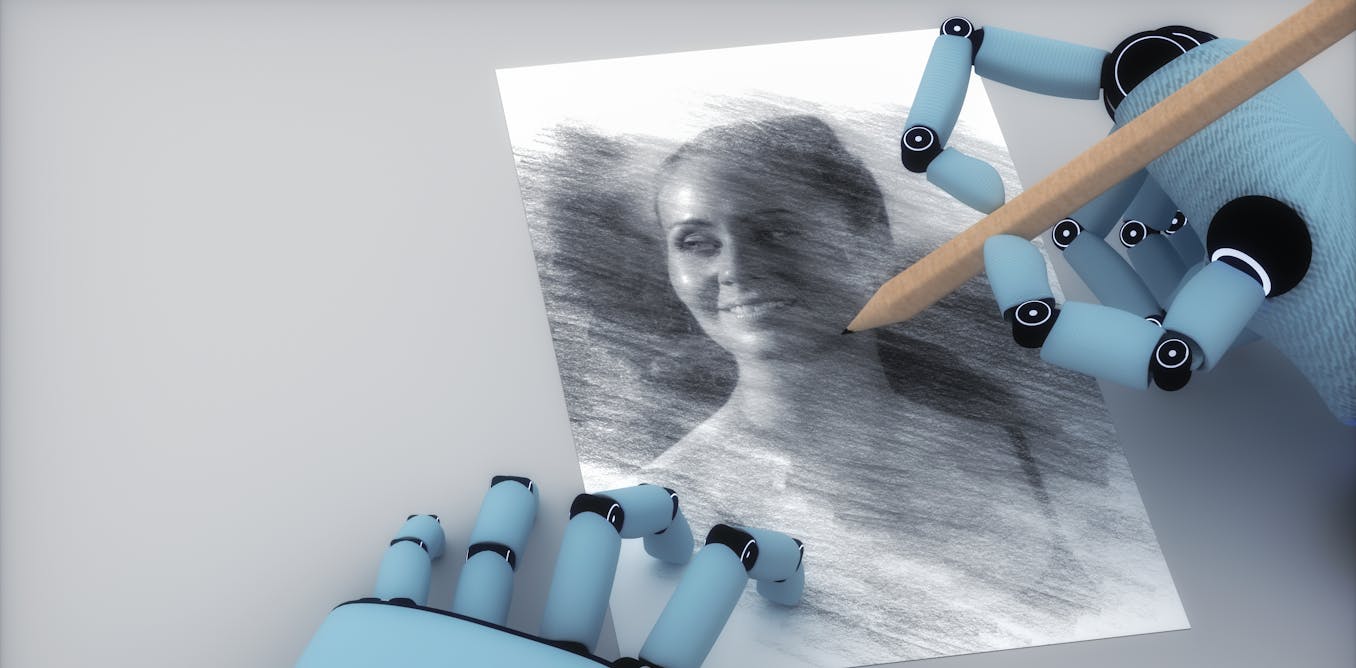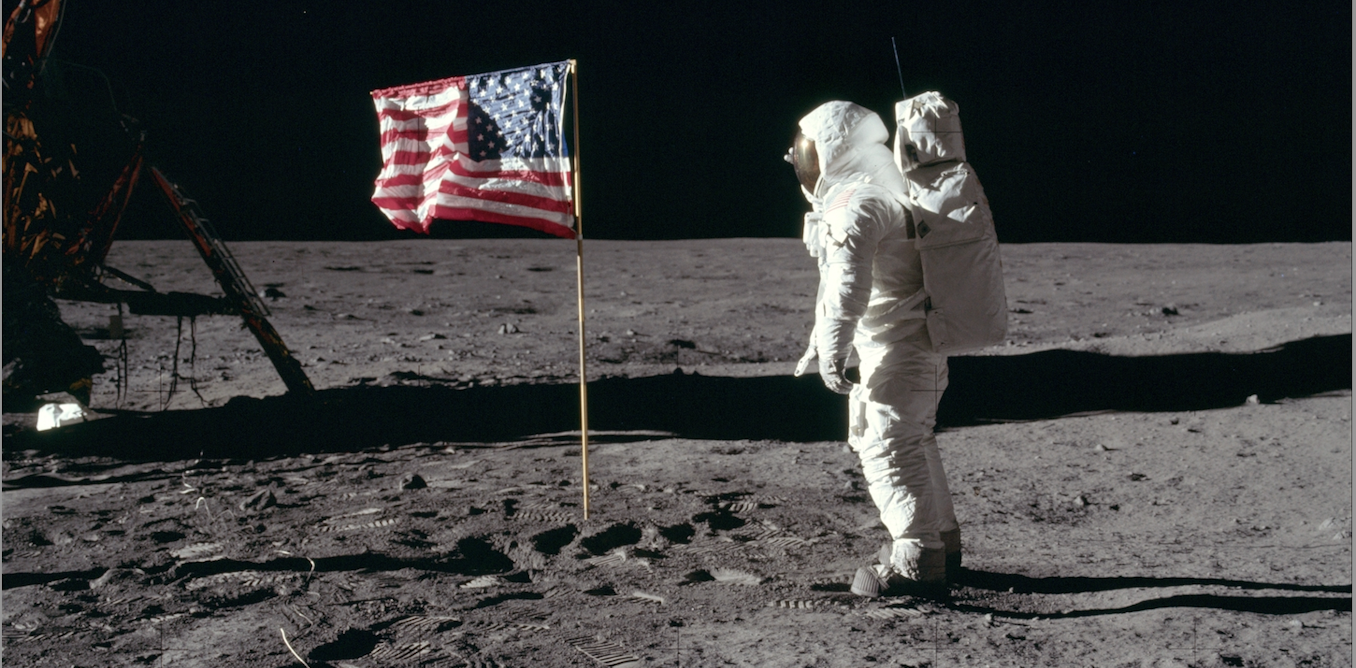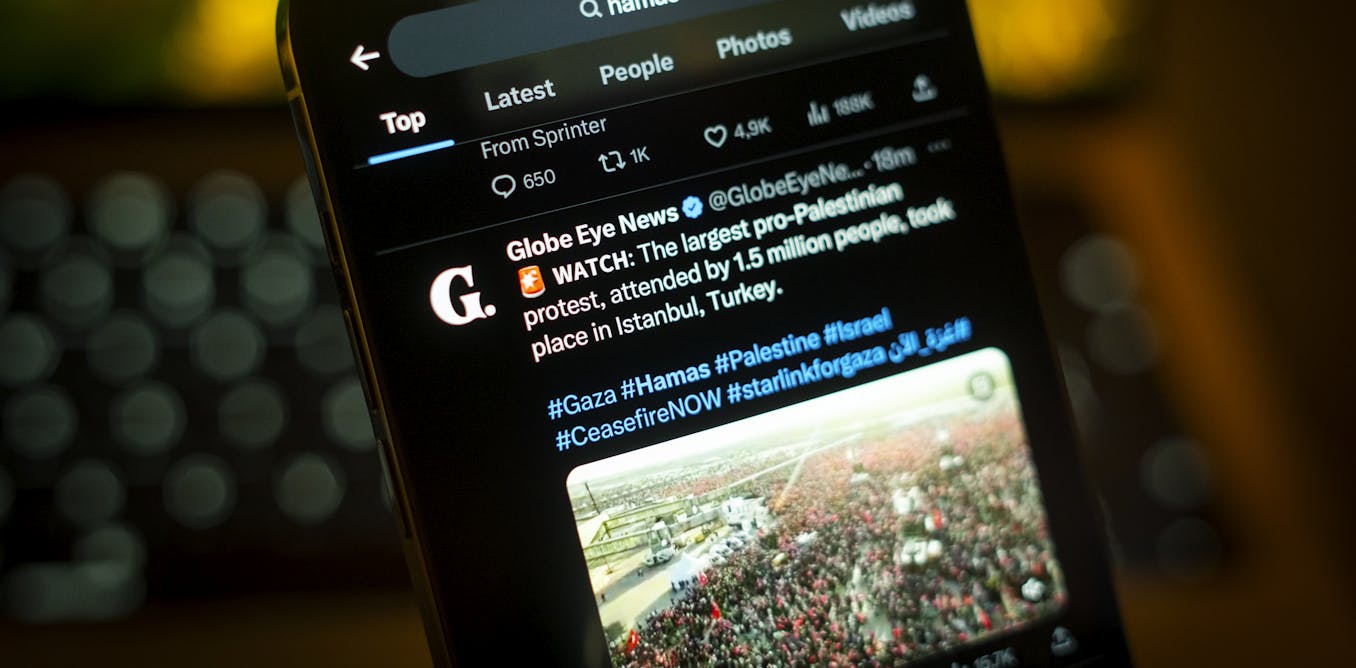A look inside the cyberwar between Israel and Hamas reveals the civilian toll
The consequences of cyber conflict are primarily felt by civilians, who call for retaliation, fueling cycles of violence.
May 3, 2024 • ~10 min
TikTok fears point to larger problem: Poor media literacy in the social media age
If the US wants to protect young people from misinformation and foreign influence, focusing on TikTok is barking up the wrong tree.
April 19, 2024 • ~8 min
In 2024, we’ll truly find out how robust our democracies are to online disinformation campaigns
Low tech or hi-tech, the next year will determine how much action nations take on election interference.
March 1, 2024 • ~7 min
Disinformation threatens global elections – here’s how to fight back
Scientists estimate that for every 100,000 people targeted with specific political ads, several thousand can be persuaded.
Feb. 15, 2024 • ~9 min
Disinformation is often blamed for swaying elections – the research says something else
Most studies suggests that fake news is more likely to enhance existing beliefs and views rather than radically change voting intentions of those who are undecided.
Jan. 26, 2024 • ~8 min
Reining in AI means figuring out which regulation options are feasible, both technically and economically
There are many ideas about how to regulate AI, but not all of them are technologically feasible, and some of those that are won’t fly economically.
Jan. 17, 2024 • ~7 min
Why some people don't trust science – and how to change their minds
People who are suspicious of science often assume they are understand it well – and that others agree with them.
Dec. 29, 2023 • ~7 min
War in Gaza: An ethicist explains why you shouldn't turn to social media for information about the conflict or to do something about it
Social media is designed to keep you engaged by getting a rise out of you, not help you think critically or take effective action on political issues.
Dec. 15, 2023 • ~8 min
/
12

